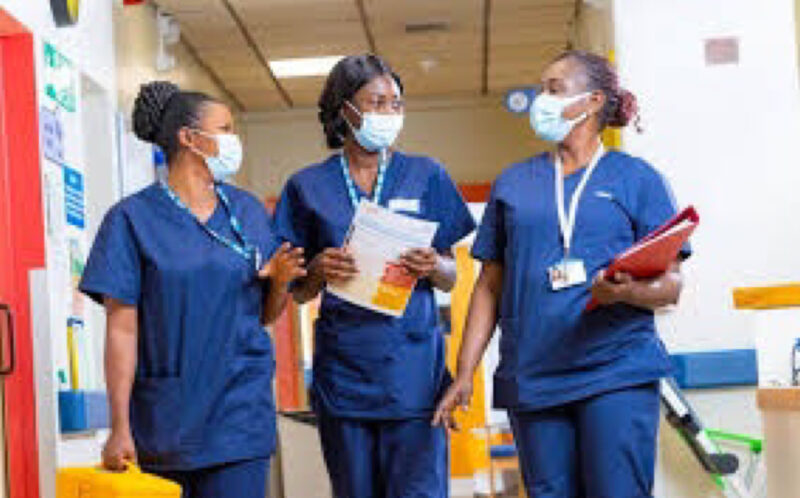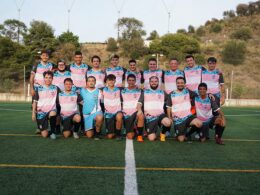Nigerian Nurses and Midwives in High Demand in the UK: 14,815 Licensed Since 2017
According to reports, a substantial 14,815 Nigerian-trained nurses and midwives have been granted licenses to practice in the United Kingdom between 2017 and September 2024. This information comes from data of the UK Nursing and Midwifery Council (NMC).
As of March 31, 2024, the register included 13,656 Nigerian nurses and midwives. However, in just six months, that number grew to 14,815, indicating a significant influx of 1,159 professionals seeking better opportunities in the UK.
This represents an 8.5 percent increase in the number of Nigerian healthcare professionals migrating to the UK within this half-year period. The NMC’s registration data illustrates a continuous rise in registrations since 2017, with the latest figures maintaining this positive trajectory. It is important to note, however, that while the registration data shows how many are eligible to practice, it does not indicate how many are actively working.
As of September 30, 2024, the NMC register comprises 841,367 professionals, reflecting an increase of 14,949 (1.8 percent) over the past six months, and a solid 151,629 (22 percent) rise since March 2017 when this trend began. For the first time, the register has surpassed 200,000 international professionals, totaling 200,362, which is up by 10,145 (5.3 percent) since March.
Among international entrants to the register, those educated in India constitute the largest group, with 67,576 professionals, making up 8 percent of the entire UK nursing and midwifery workforce. Additionally, more than 50,000 professionals trained in the Philippines are now registered.
The NMC has observed some changes in recruitment patterns from “red list” countries, noting a decrease in joiners from Nigeria (-16.1 percent) and Ghana (-3.5 percent) compared to last year. Conversely, the number of professionals from Nepal has more than doubled during the same time frame.
As of September 2024, the top five countries educating nursing and midwifery professionals on the NMC register are India, the Philippines, Nigeria, Romania (7,357), and Ghana (6,362). The council also highlighted a growing proportion of registered professionals from Black and minority ethnic backgrounds, which now accounts for nearly a third (31.7 percent) of all professionals registered—a rise of over a percentage point in just six months.
At the annual capacity-building workshop of the Association of Medical Councils of Africa held in Abuja, Dr. Iziaq Salako, Nigeria’s Minister of State for Health, emphasized the challenges posed by health workforce migration for both Nigeria and other African nations. He expressed concern that despite Nigeria’s capacity to train world-class doctors, nurses, and allied health professionals, many leave for better prospects abroad. While acknowledging their global contributions, he cautioned against the negative impact this migration has on Nigeria’s healthcare system and economy.
Dr. Salako advocated for strategies such as incentives for retention, regional collaboration, and standardized training to improve medical school outputs while maintaining quality. He called for collective efforts among African nations to establish legally binding agreements that ensure countries receiving these professionals contribute to the healthcare infrastructure and manpower development in Nigeria and other African countries investing heavily in health worker training. He proposed that it is time for health workforce migration to be redefined as health workforce exporting.










Join our Channel...